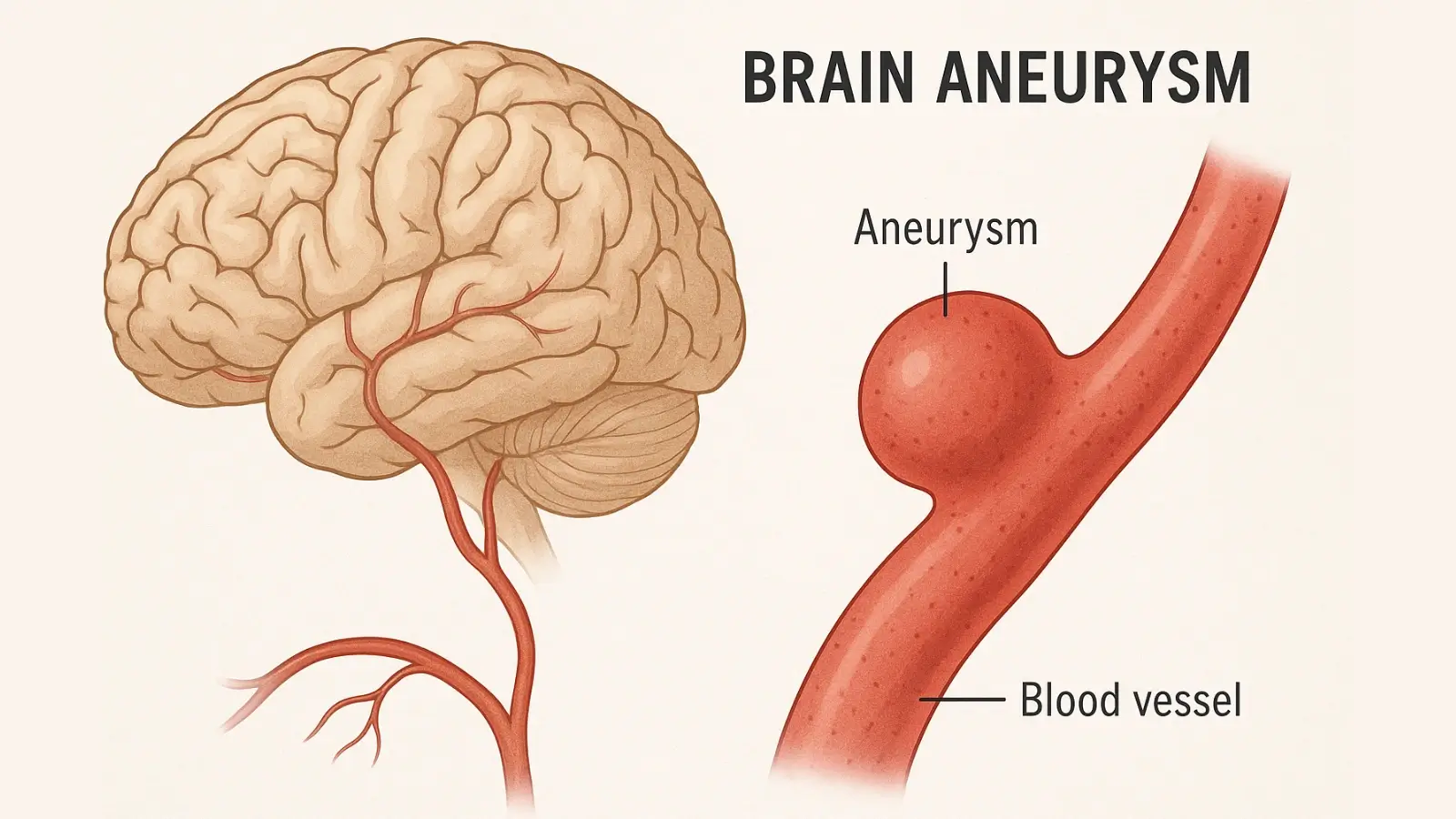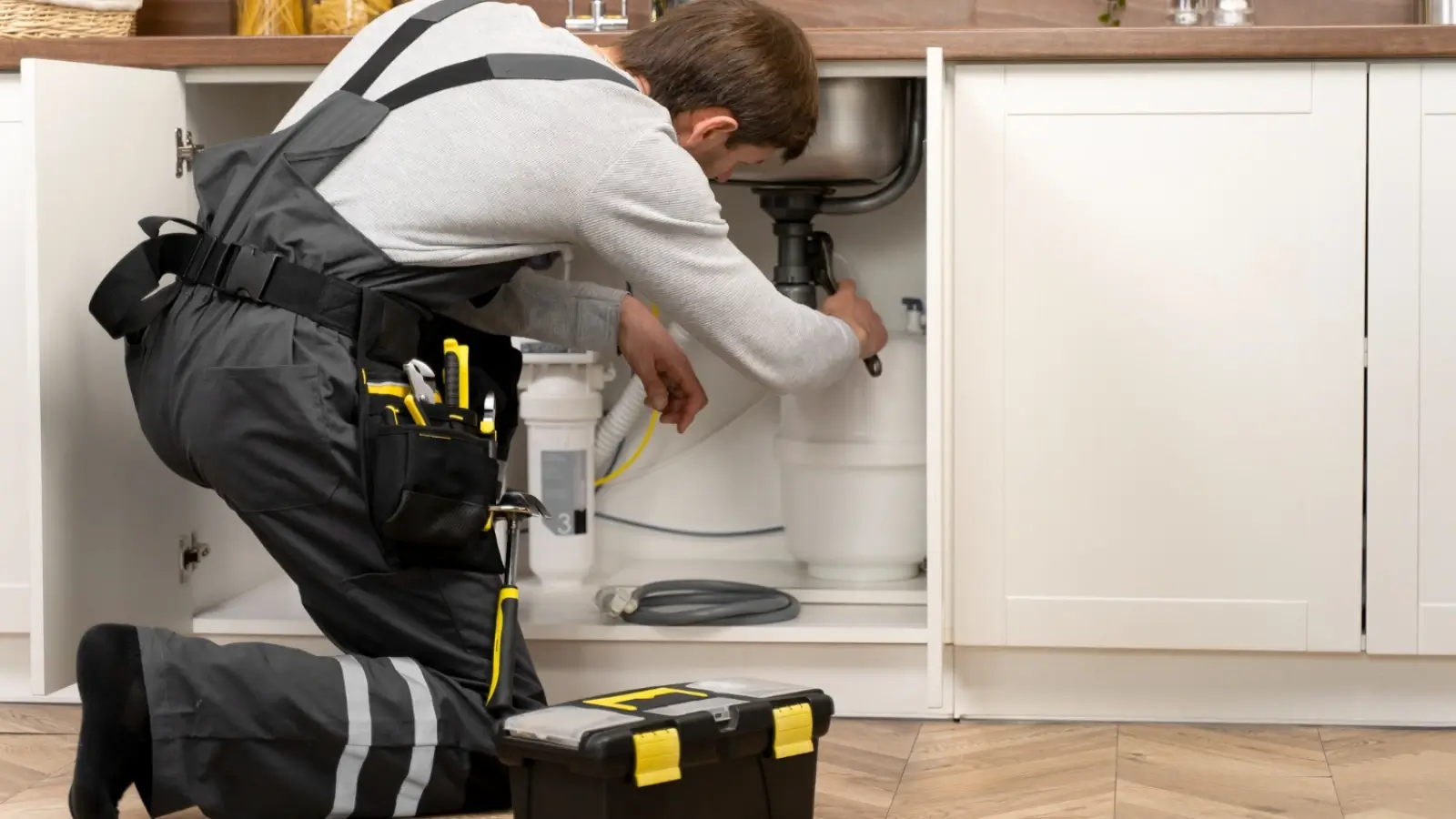


Eco-friendly plumbing really is the way forward. Not just because it’s trendy or because someone slapped a green label on it, but because it makes sense. Bills drop when you’re not bleeding water and energy every day. And let’s be honest—who doesn’t appreciate a smaller bill at the end of the month?
It’s not only about money, though. Homes with efficient systems stand out. Buyers like seeing that a place already saves water and already runs smarter. So, making the small adjustments adds value when it's time to sell it.
But you don't need to knock down walls or spend thousands to start living greener. The truth is, most waste doesn’t come from big obvious things—it’s the drip you ignore, the toilet you’ve been meaning to replace, the hot water you let run while you’re brushing your teeth.
The sooner you tweak your habits and fix the basics, the sooner you see a difference. Here are a few ways you can start being eco-friendly with your plumbing.
“Low-flow” used to sound like a punishment. It meant putting up with weak pressure and dribbly showers. But that’s not what it means anymore. Modern low-flow showerheads and faucets are built to feel like the real thing, only they cut your water use by thousands of liters a year. The trick? Aerators. They screw right into your faucet and mix in air, so the pressure feels strong even though you’re using far less water.
Older showerheads can blast 5-8 gallons of water every minute. That means even a “quick” shower burned through 25 to 45 gallons. Low-flow versions are capped at 2.5 gallons per minute—and many use less. That’s close to 70% saved, without you even noticing the difference. Now imagine that multiplied by the number of people in your home and the minutes they spend under hot water.
If you’ve got kids who often leave the taps running, touchless faucets are another lifesaver. They close themselves before the sink turns into a small river. That means fewer gallons down the drain, lighter bills, thanks to the small changes.
Most times, you hear the drip and tell yourself you’ll get around to it. But here’s the thing with the busy lifestyle: it’s easy to get carried away and forget. And in the meantime, that tap is wasting ten liters a day. Toilets are worse because you don’t always see the leak. Before you realize, hundreds of liters are gone.
To stop hidden leaks from slipping away, always check your sinks, faucets, and even your water meter every so often. If something feels off—call a reputable plumber in Forestville right away. Don’t wait until the damage spreads to your floors or walls. A leak is literally money dripping away, and the longer you ignore it, the more expensive it gets.
Nobody thinks about flushes. You hit the button and move on. But if your toilet’s old? Thirteen or more liters are used every single time. Modern dual-flush? Half that. Sometimes less. A family in Forestville could save thousands of liters a year just from that one swap.
Hot water is one of those things you don’t really question—you just use it. It only gets your attention when something goes wrong—you turn on the tap expecting warm water as usual, only to be greeted with freezing cold water.
Here’s the thing: if your pipes are not insulated, a lot of that heat vanishes into the walls before it ever reaches you. That means the energy you spend heating it often goes to waste.
The good thing is that pipe insulation is simple. Foam sleeves are also affordable. Get an expert to slip them in, and you won't have to worry about the wastage anymore. Pair that with efficient water heaters, and the water stays hot longer. The wait time for your shower shortens. Over time, that’s not just comfort—you save lots of gallons and money on bills.
You don’t need to be some off-the-grid survivalist to reuse water. Greywater—what comes from showers, sinks, and washing machines—can be redirected to your yard. Of course, it’s not drinking water, but it's clean enough for plants to thrive on it.
In places like Forestville, dry months hit hard, and watering lawns with fresh tap water can feel wasteful. A greywater system solves that. The setup doesn’t have to be complicated—basic systems can redirect washing machine water straight into the garden. Once you set up, you will wonder why you didn’t do it sooner.
It’s not just the water. The stuff your plumbing is made of matters, too. Old materials aren’t always durable and often come with a bigger environmental price tag. PEX piping or recycled copper is easy to install, stronger, and it’s less of a strain on the planet.
For your faucets, toilets, and showerheads, always check for the WaterSense label. It’s a little stamp, but it’s proof that the material was designed to save water while still operating optimally. No flimsy streams or weak flushes—just smarter use of resources. Every swap to eco-friendly materials you make stacks up, and in a decade, the difference is huge.
Not every change has to involve a new gear. What you do daily matters too. So, start by turning off the tap when brushing. You can save water by only using the dishwasher or washing machine when they’re full. And when you go to the shower, keep it short.
Even the cold water that runs while your shower warms up, don’t let it go to waste. Catch it in a bucket and pour it on the plants so that you don't have to get water elsewhere. It’s a little hack that saves gallons without changing your routine.
If you’ve got kids, good habits really matter. They watch what you do, and they’ll copy it. Teach them early, and those small choices become second nature. The impact is big because the habits you instill—good or bad—multiply over the years.
Eco-friendly plumbing doesn’t mean lessening your comfort for the greater good. It means being smarter with what you already have by maximizing fewer resources and not being wasteful. A few plumbing adjustments by a professional can help replace the old fixtures and fix leaks before they spread.
Each change feels small, but stack them, and suddenly you’re saving money and resources. And when it comes to eco-conscious living, one person really does matter. Every liter you save is a liter that someone else might need most.